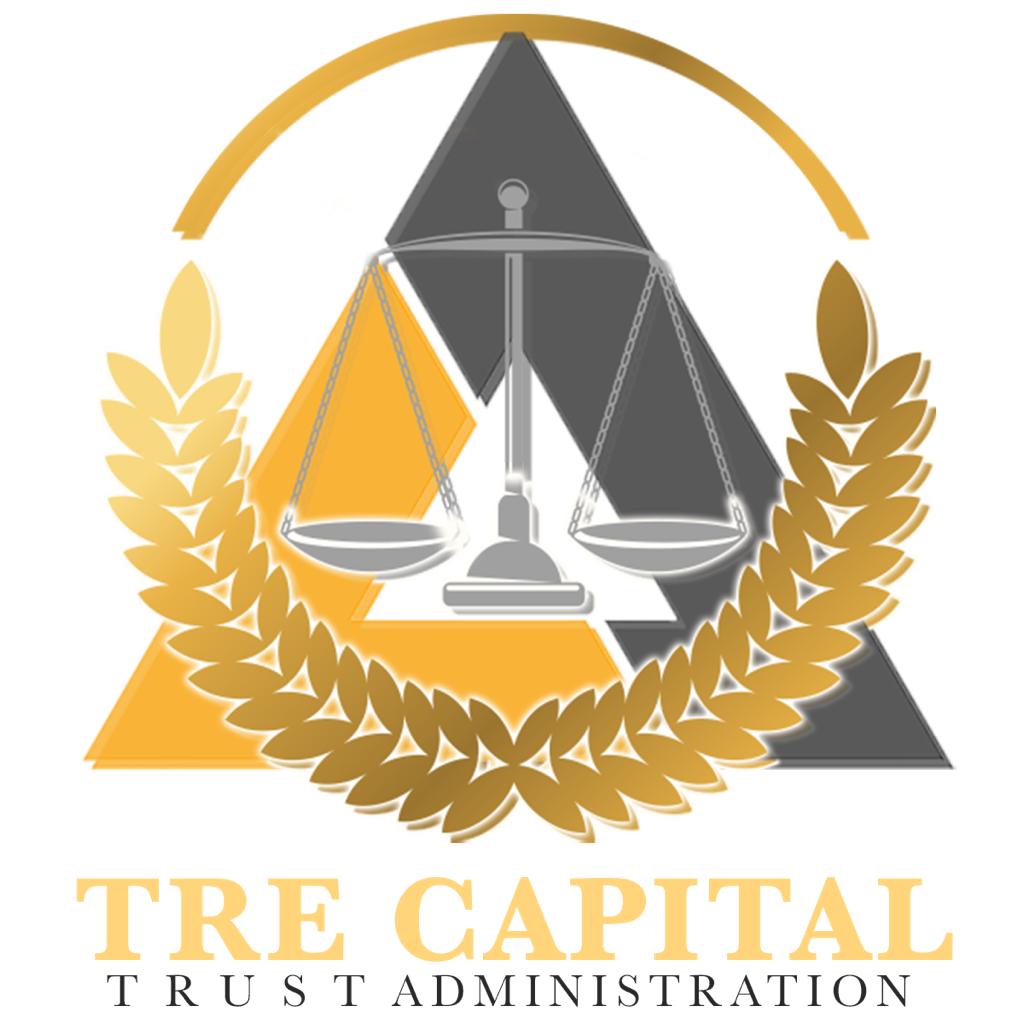Private Structure & Administration
YOU CAN TRUST
Toll Free
888.597.8825 Ext.101
Text Support
312.283.0763
WHY WE BELIEVE
IN WHAT WE DO
The secret of wealth is control, not ownership. When Hassie L. Hunt, a famous oilman of Dallas, Texas, died as the world?s richest man, the only asset he owned in his own name was a 1974 Chevrolet pickup truck worth about $2,500. “His” total worth could only be estimated as it was never disclosed (the October 5, 1975, issue of the Dallas Morning News reported “guesstimates” which ranged between $2 billion and $8 billion dollars). The Federal Gift and Estate Tax in 1974 took 77% of personal property valued in excess of $10 million dollars; the IRS would have collected $2,302,300,000 (based on $3 billion dollar estate) if Hunt had owned the wealth himself. He did not; he merely controlled it through numerous trust funds.
Read More
Columnist Jack Anderson has noted,
“Vice President Nelson Rockefeller . . . paid no income tax in 1970. His brother, John D. Rockefeller III, pays a 10% federal tax as a matter of personal principle . . . . Paul Mellon, worth a cool one billion dollars, is able to get away with negligible income tax, as do other members of his fabulously rich family. And Texas oil millionaire Bunker Hunt has managed to live in luxury without paying any taxes at all in several years. They have made use of the law. It is the process that . . . makes a chump out of the person who does not distort his affairs . . ” There is no need to “distort” one’s affairs; merely arrange them properly. Do not violate the law; make use of the law. The secret of the Super Rich seems to be in the manner in which wealth is conveyed to a special kind of trust that, instead of merely holding the property, actually owns the property. Thus the Super Wealthy, enjoying opulent and lavish lifestyles, are able to live and die as Paupers, but with their family’s blessing! All trusts are not created equally [it goes without statement that all trusts are not created properly]. There are basically two great classes of trusts: statutory trusts and common law trusts. The more popular and widely used statutory trust derives its existence and is defined, governed, and regulated by statutes to which it must strictly conform. A common law trust arises from contract under common law, the right to which has been secured by the Constitution and established and upheld by the courts. The “secret” common law trust utilized by the Super Rich is unknown to many. Fiscal secrecy, privacy, is the hallmark of the common law business trust, and far from being illegal, it acts as a means to enable a citizen to exercise his lawful right to privacy. While a “Declaration of Trust” and certain “credentials” may be made a matter open to public scrutiny, the actual contents of the trust contract and related documents need not be disclosed. The privacy permitted the affairs of the trust is perhaps its greatest feature. Failure to exercise one’s right to privacy is perhaps one’s greatest mistake. Lawyers study and practice law, which, for the most part, involves statutory law. Since the common law unincorporated business trust organization (UBTO) exists and operates apart from the jurisdiction of statutory law, it escapes the primary attention of the legal professionals. Do not expect the legal profession to promote UBTO’s. Lawyers are not as monetarily advantaged as they are with wills and trusts. Wills and statutory trusts are sometimes referred to as an attorney’s “retirement plan,” whereby an attorney has himself named as the administrator and/or executor of the estate. It is said that attorneys may sell or otherwise dispose of their wills and trusts to other attorneys by the linear foot. No attempt is made to suggest or imply that attorneys have no knowledge of common law or, in particular, of the common law unincorporated business trust organization. Neither is it suggested that one could not consider the advice of a competent attorney for assistance in the preparation and/or evaluation of a UBTO. It is not that wills and statutory trusts have no value. A will is better than nothing. A statutory trust, also known as an “inter vivos trust,” “living trust” or “loving trust,” has as its primary benefit the avoidance of probate and inheritance taxes, and if no business interests are desired or contemplated, a statutory trust is perhaps the preferred instrument. A common law trust organization has all the advantages of a will and a trust plus additional benefits and features not possible otherwise.

STATUTORY COMMERCIAL BUSINESS TRUST
1) Merely holds property till death
2) Is usually a revocable trust
3) Has a statutory termination date
4) Protects and conserves property only
5) Arises from statutory provision/regulations
6) Legal and equity title is split
7) Consideration not involved
8) Exercise of a privilege

PRIVATE COMMON LAW BUSINESS TRUST
1) Owns property in ‘fee simple’
2) Is always irrevocable trust
3) Cannot be terminated by statute & can renewed each 20 years
4) Can operate as any business
5) Arises from the law of contract
6) Legal and equity title not split
7) Consideration is involved
8) Exercise of a right
Services Include
but not limited to .
– Business Trust Development & Administration
– Will & Estate Planning
– Corporate Formation Service
– Business Coaching
– Silver Bond Medallion Service
– Notary Acknowledgements
– Notary Presentments
– Registered Agent Service
– Copyright Registration
– County Public Record Filings
– UCC Filings
Partners





